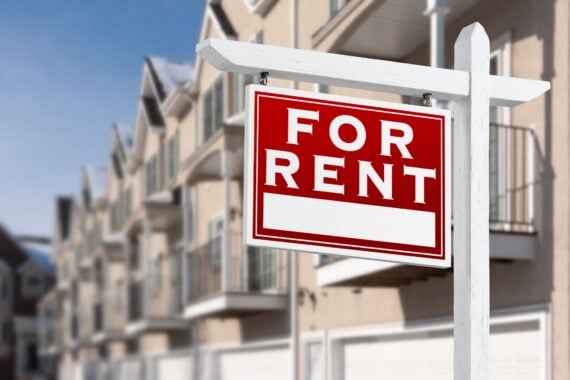For most people, buying a home is the biggest financial decision they’ll make. And if you chose poorly, you could wind up with a huge loss instead of a smart investment. There are so many factors to consider, which can be overwhelming, especially if you feel pressured to make an offer right now.
Read below for the top 15 things every homeowner should be aware of before they buy a house.
Watch Out for Potential Mold or Moisture Problems
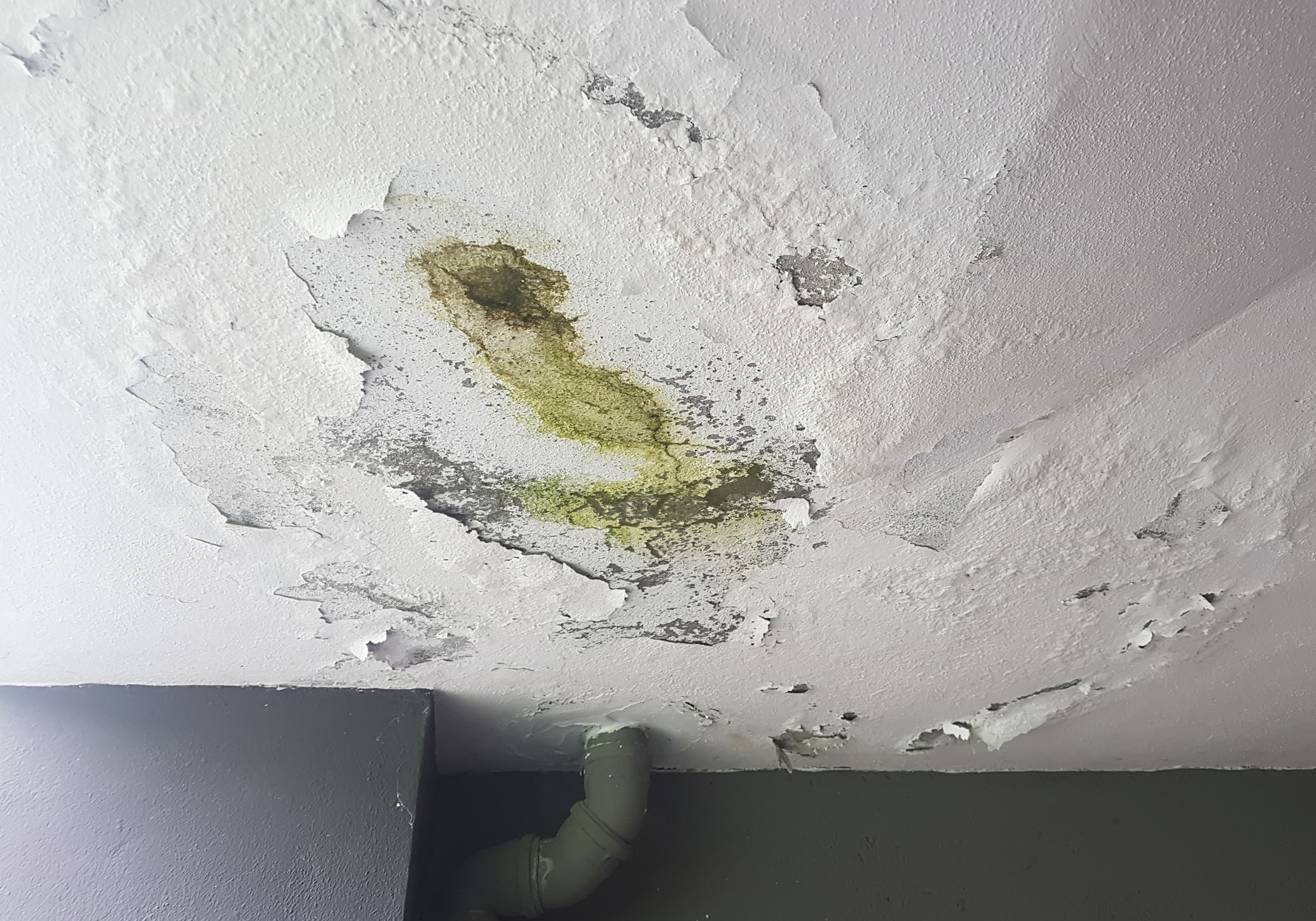
Mold or moisture problems can be expensive and complicated to fix, depending on the source. When you’re touring a home, watch out for any signs of mold or moisture. Carefully examine the basement and pay attention to any smells or other possible clues.
Understand Total Utility Bill Costs
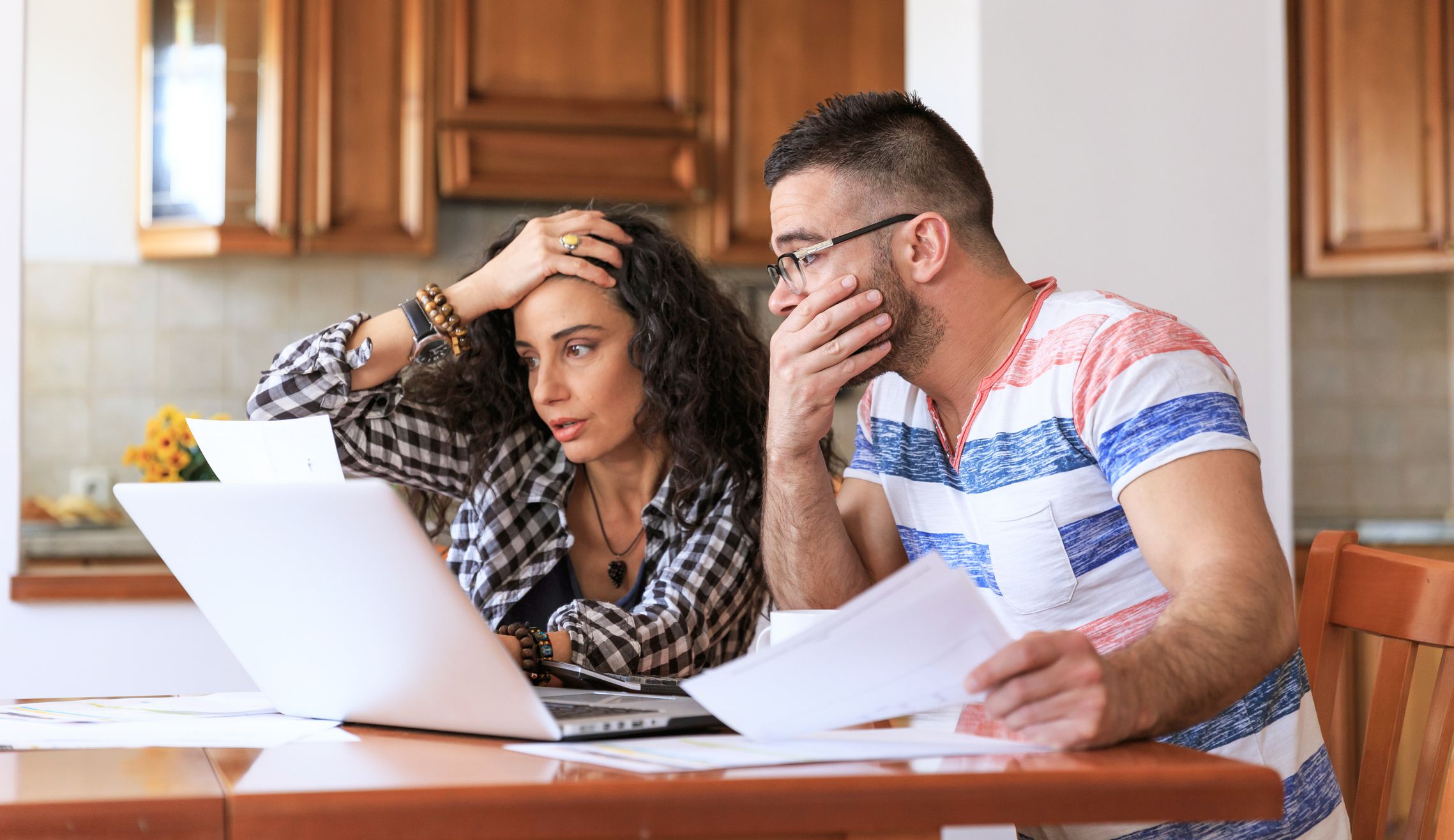
One of the biggest things that can quickly sink your budget in a new home is utility costs. Unless you ask the homeowner directly, you may never know how much you might have to pay in utilities. These costs can be staggering, especially if you have drafty windows or poor insulation.
Look Out for Annoying Neighbors

There’s one thing you can’t control when you move into a new house: your neighbors. Try to get a sense of the neighbors before you buy a home. You can try to meet them beforehand, if that’s possible, or ask the current owner what they’re like. You may not get the full answer, but it doesn’t hurt to ask.
See If There Are Any Noise Issues

Noise complaints can turn your beautiful oasis into a nightmare. One way to suss out any potential noise problems is to visit the home you are considering at different times, including weekends. A house that is quiet on weekday nights can turn into a rave on weekends. You might have a neighbor that lets their dog hang out all day barking while they’re at work or live near a hospital with ambulances arriving at all times.
Count the Number of Outlets
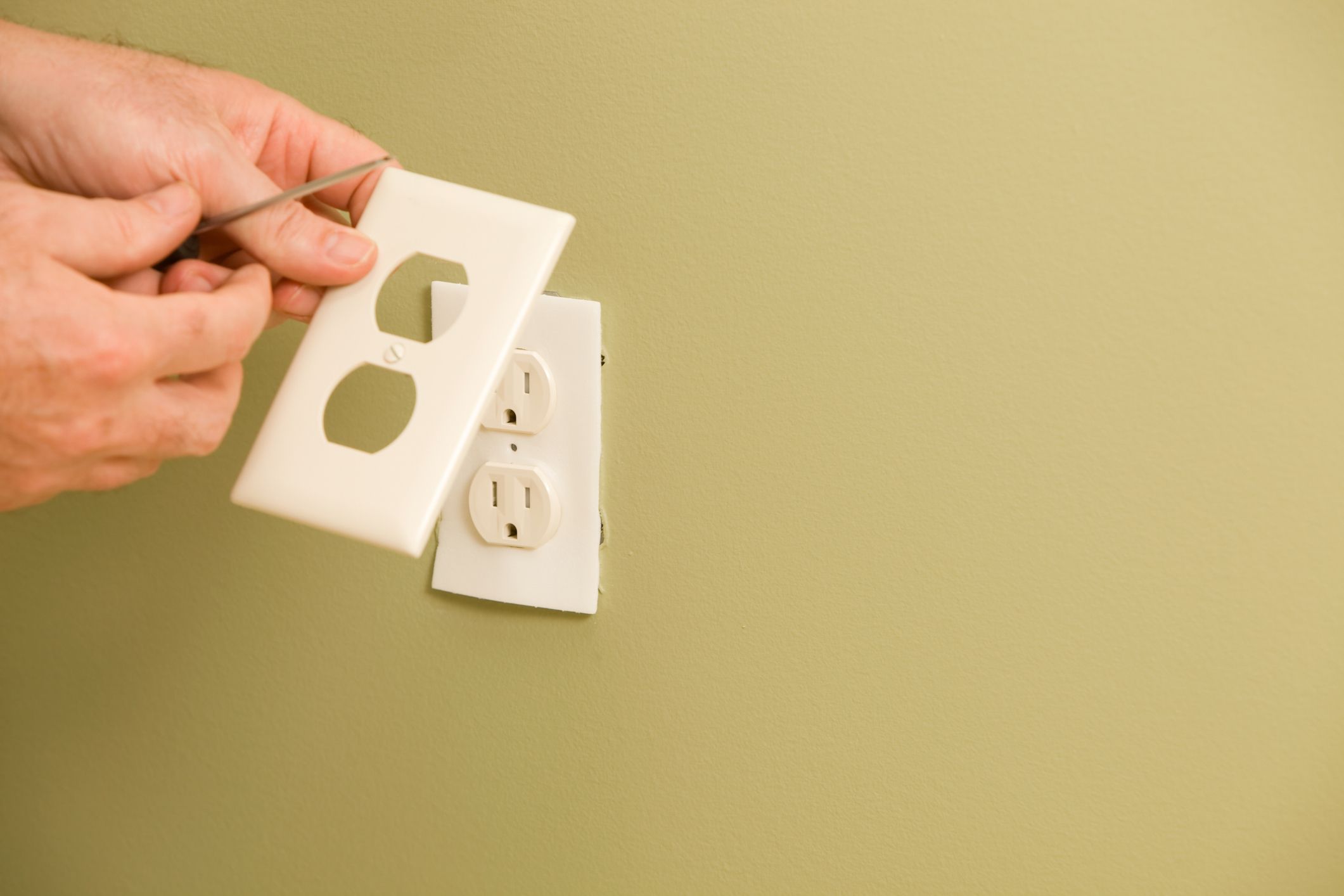
In an era in which everyone has a phone, laptop, smart watch and tablet, you need a lot of outlets. And many homes — especially older homes — simply don’t have enough outlets to meet your charging needs. You can count how many outlets you have now in your most commonly used rooms and then compare that number to your potential new place. You can always add more outlets, but it can be pricey.
Trending on Cheapism
Park Your Car in the Garage
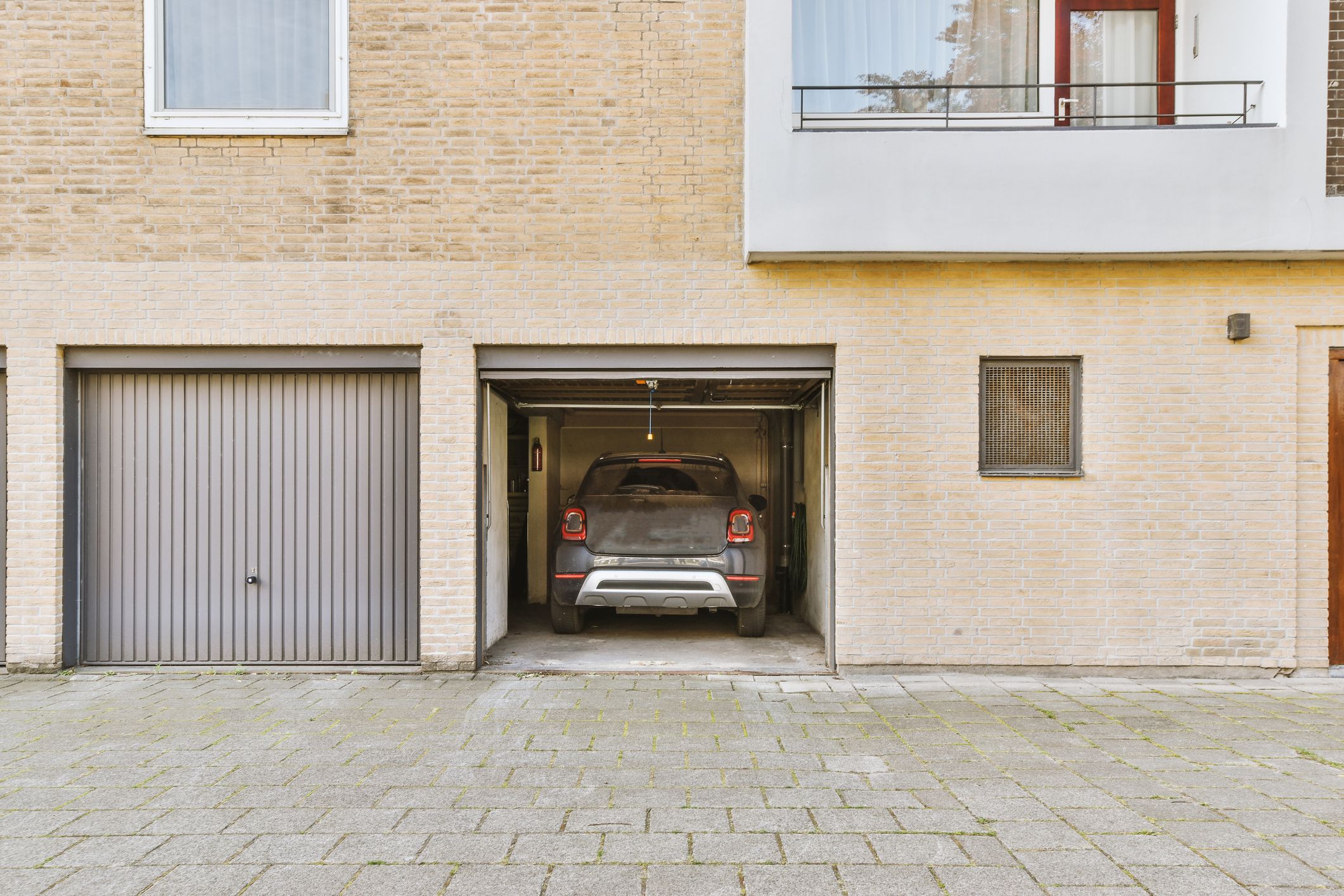
Buying a house with a garage that’s too small sounds impossible. However, if you’re buying an older home, you should park in the garage before buying the house. It’s entirely possible that your car won’t fit in the garage, especially if you have an SUV or large truck. Or it could be such a tight fit that you’ll have a hard time getting in and out.
Don’t Ignore Smells

A home with a funky smell might not seem like a dealbreaker, until you’re living there 24/7. Getting rid of a smell can be harder than you think, especially if it’s from something like smoke. It can also be an expensive endeavor, especially if you have to repaint every wall or use an ozone generator to kill the odor.
Make a Practice Payment
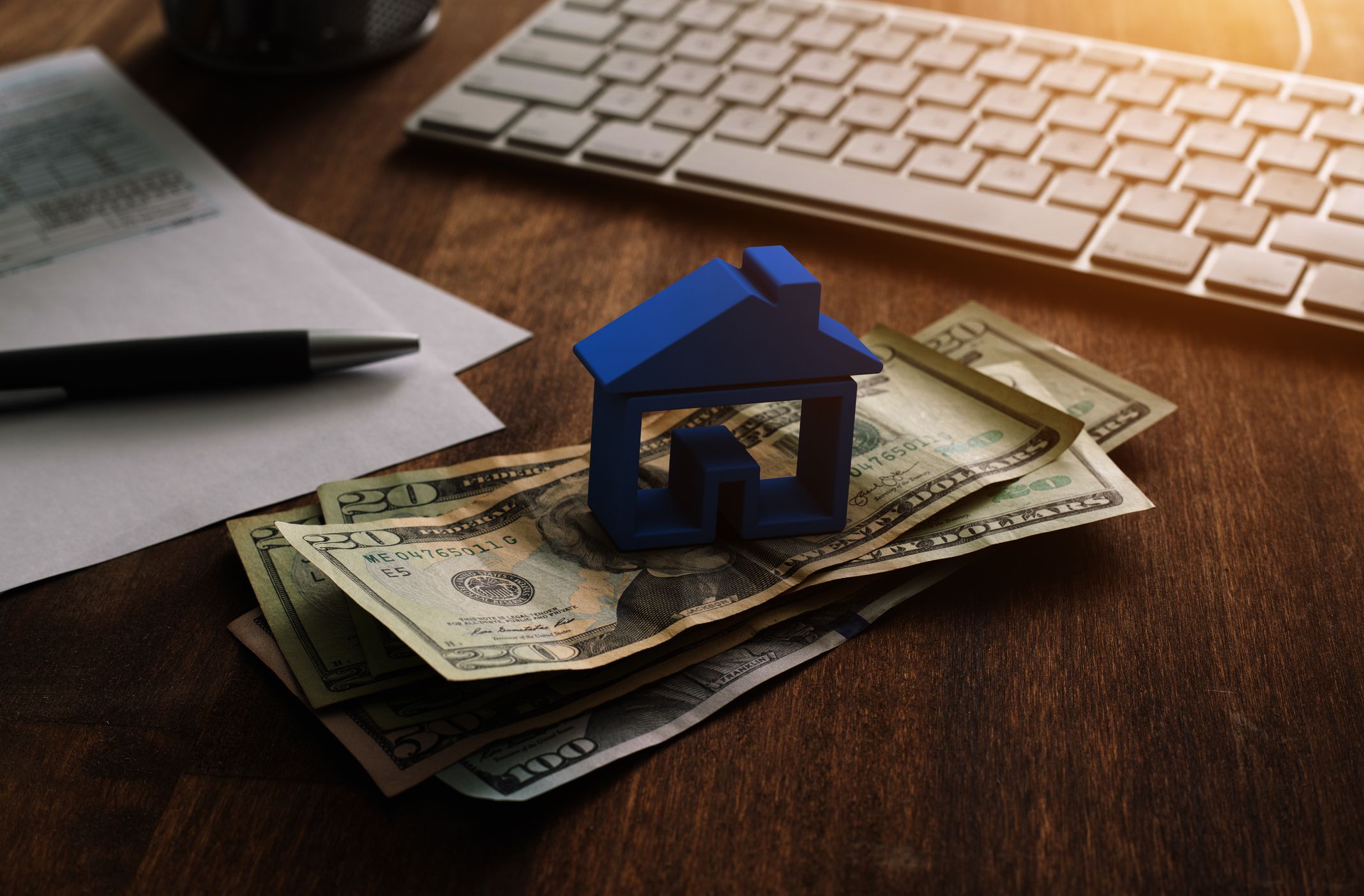
If you’re buying a home with a higher monthly mortgage payment than your current rent, you should try making a practice payment before you actually make an offer. This will help you see what it actually feels like to make that payment, without taking the plunge. Also, you may want to practice paying a higher utility bill, especially if your current landlord pays some or all of your utilities.
Sign up for our newsletter
Check the Property Lines
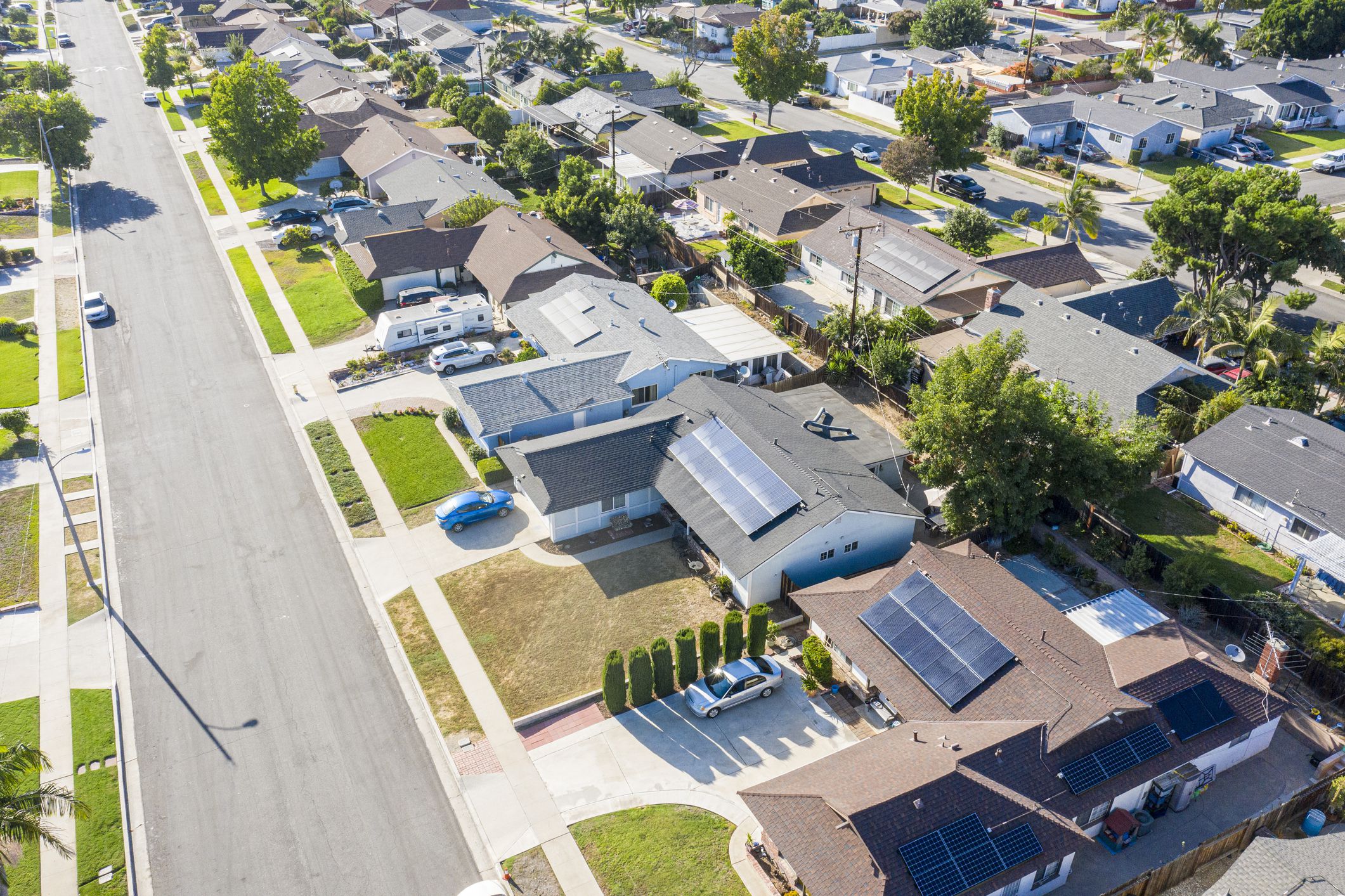
It’s not likely to happen, but sometimes people buy homes that don’t have correct property lines. If your property is encroaching on a neighbor, you may have to pay to move a fence, shed or anything else that’s in the way.
Sound Travels

Some houses are noisy, and some are quiet. If you crave silence, make sure to check how sound travels in your home before buying it. Try watching a loud video in one room and see if you can still hear it in other areas of the house. This is especially important if you and your partner both plan to work at home at the same time.
Be Wary of HOAs

Nowadays, it’s hard to buy a house that doesn’t come with a homeowner’s association (HOA). And while HOAs can help you maintain property value, they can also impose lots of rules on your house. Plus, you’ll have to pay HOA dues, which can increase over time. Try to investigate the HOA’s financials before buying your home to see if they’re responsible stewards.
Don’t Count on Empty Plots Staying That Way

Buying a house next to an empty or undeveloped plot of land can be tempting, especially if you love solitude. However, don’t get used to that. At any point, someone could buy that land and build whatever they want (as long as it fits zoning regulations). Or as someone once said, “Never fall in love with a view that you don’t own.”
Budget for the Cost of New Furniture

If you’re moving to a bigger house, you’ll be tempted to buy furniture, decor and furnishings. However, new furniture can be expensive. If you do need to buy furniture, try looking for used pieces on sites like Craigslist or Facebook Marketplace. That’ll be much more economical. Also, don’t feel pressured to buy everything you need at once. It’s okay to take several months to outfit your new digs.
Always Save Ahead for Repairs and Maintenance
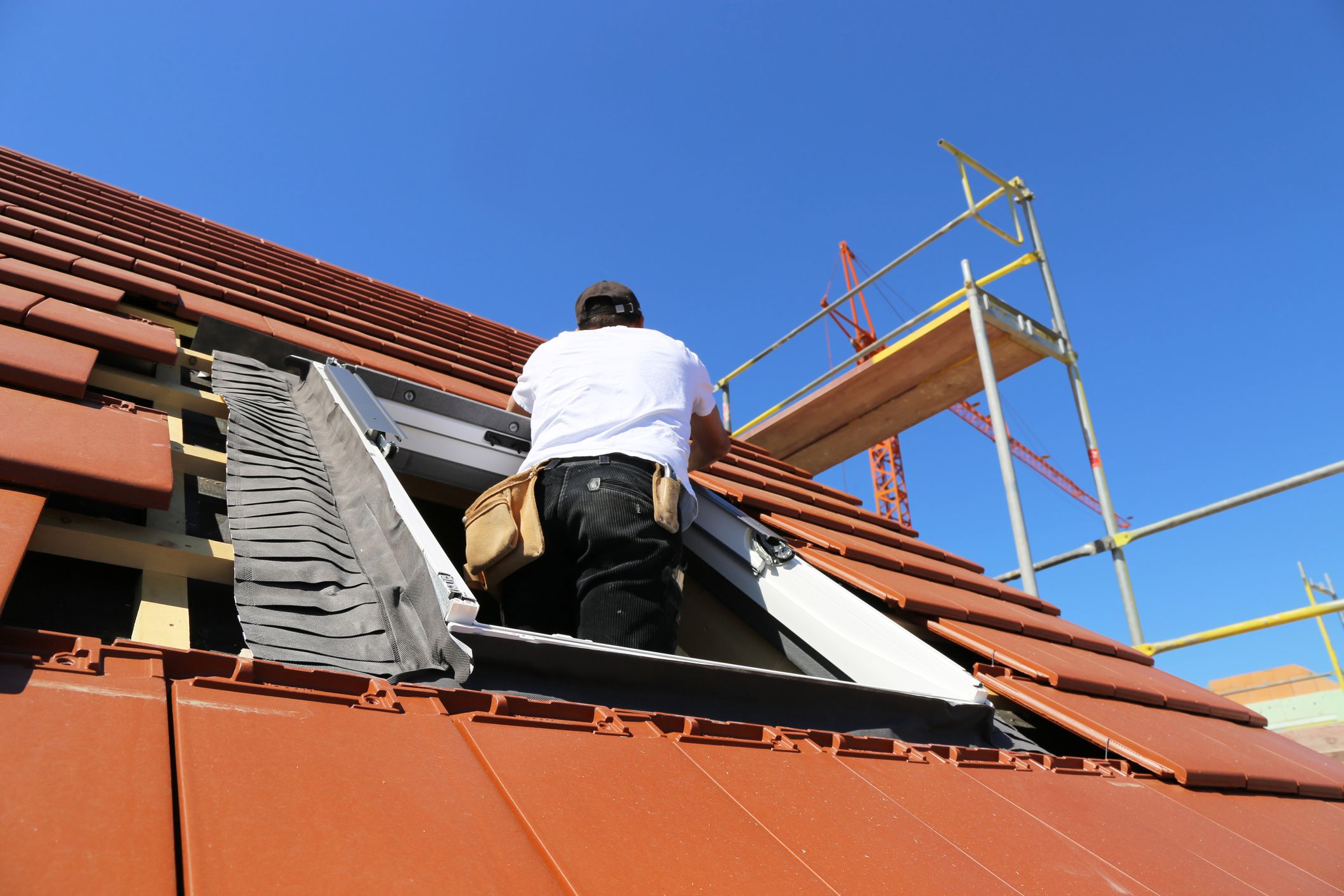
When buying a home, most people think only about how much they’ll have to pay for the mortgage. However, you should also consider the cost of basic repairs and emergencies. A basic rule of thumb is to save 1% of the home’s value each year for maintenance and repairs. Keep the amount in a separate savings account, and use it only when you need to.
Don’t Spend More than You Can Afford
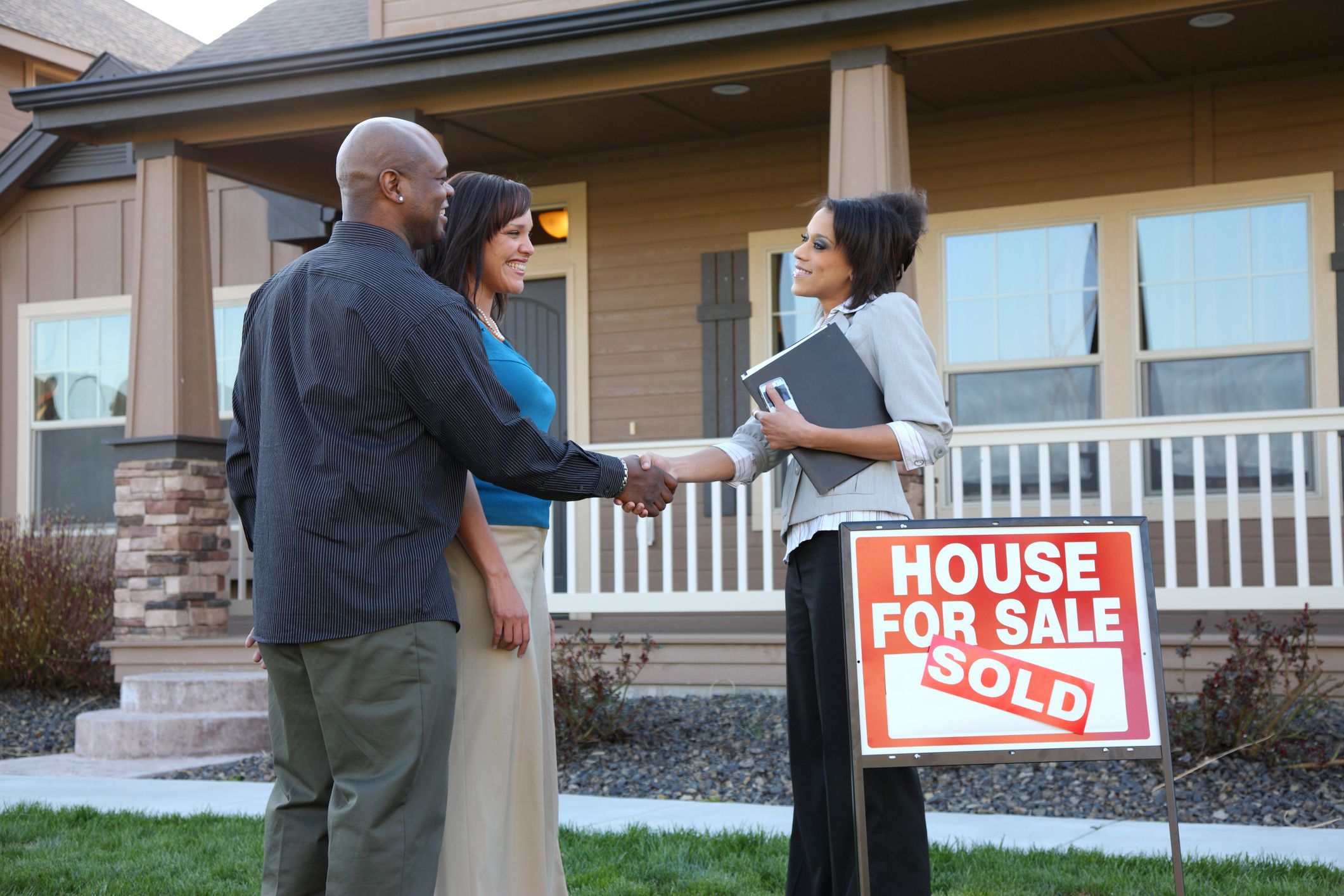
One common problem that new homeowners don’t consider is what happens if your mortgage payment increases. If your property value goes up, then you may have higher property taxes which could increase your monthly mortgage payment. This can be a huge shock, especially if you’re already spending more than you’re comfortable with. Give yourself some breathing room in your budget when buying a home.
For more helpful real estate tips, sign up for our newsletters.

